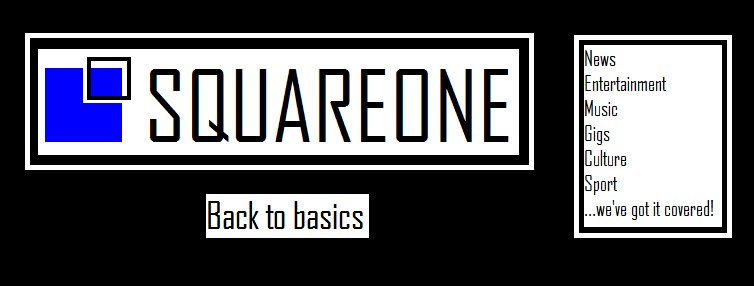 by Christopher Mackie
by Christopher Mackie
SquareOne Entertainment
Mark Kelly Interview
For a band that has worked so hard to shed the Genesis comparisons over the past 25 years, Marillion were in real danger of heading back to square one in August. One month after Phil Collins’ prog-rock behemoths took to the stage at a sold-out Twickenham Stadium, the classic Marillion line up, including bellicose front man Fish, briefly reunited in Aylesbury for an unrehearsed stomp through their first single Market Square Heroes exactly 25 years after its release.
The event was significant enough to make the BBC news, but keyboardist Mark Kelly diplomatically fends off suggestions of a Genesis-style reunion tour: “We are not planning to reform. Things have moved on. To reform would mean doing some sort of nostalgia tour and we have always tried to avoid that. We did it for fun, and there was nothing intended by it”.
In fact, unlike the recent Genesis and Police reunions, the return of the classic Marillion line up was met with something approaching warm indifference by the group’s devoted followers. Most are so happy with the bands current output with vocalist Steve Hogarth that they are willing to pay for an album that isn’t even finished yet and is not expected to be delivered until June. In September, Marillion announced that their 15th studio album was to be financed by the fan base via up-front payment for the finished work.
As a reward for their loyalty and (crucially) cash, fans can expect a name-check in the album sleeve notes and a chance to win various competition prizes: “We are taking people’s money six months to a year ahead of when they are going to receive the goods” Kelly explains “so to try and make it different, to make it more fun, and as a reward for people who pre-order (the album), we have offered various prizes”.
Selling directly to their audience is not unfamiliar to Marillion. In 1997, fans raised $60,000 via an online whip-round to help the band tour the USA. Spotting the potential of the internet to eliminate the need for record company support, 2001’s Anoraknophobia was financed entirely by orders placed before recording had begun, and in 2004 the group raised enough to record, distribute and market Marbles via an internet campaign that also spawned two top ten singles.
Given the demands placed on your typical Marillion fan, it’s perhaps surprising that the band have chosen to ask for yet more money up front: “Well, the last album (Somewhere Else) was more of a standard release for us because we thought people would have had enough pre-orders”, says Kelly, “but the feedback we received was overwhelmingly in favour of another.
The fans like to be informed of what’s going on, they like to have the involvement”.
And involved they are. With a constant stream of updates from the studio via blogs and e-mails, coupled with frank interaction from the band’s manager on the marillion.com web forum, Marillion are beginning to get the credit they deserve from a previously harsh media. Kelly agrees: “I think that there is definitely a respect for the band that there didn’t used to be ten years ago”, he says.
“The fact that we have been around for so long does make people take another look and think that maybe we are doing something worthwhile. That’s mainly because people are looking at Marillion as innovators and we are cited as internet pioneers. I think there is more respect for the band from within the industry and from the media”.
 His years as an over-worked and underpaid lord of evil left Skeletor tired and world weary. Struggling to find purpose or direction he would spend his weekends reading the broadsheets hoping to find focus in an article or job advert.
His years as an over-worked and underpaid lord of evil left Skeletor tired and world weary. Struggling to find purpose or direction he would spend his weekends reading the broadsheets hoping to find focus in an article or job advert.











